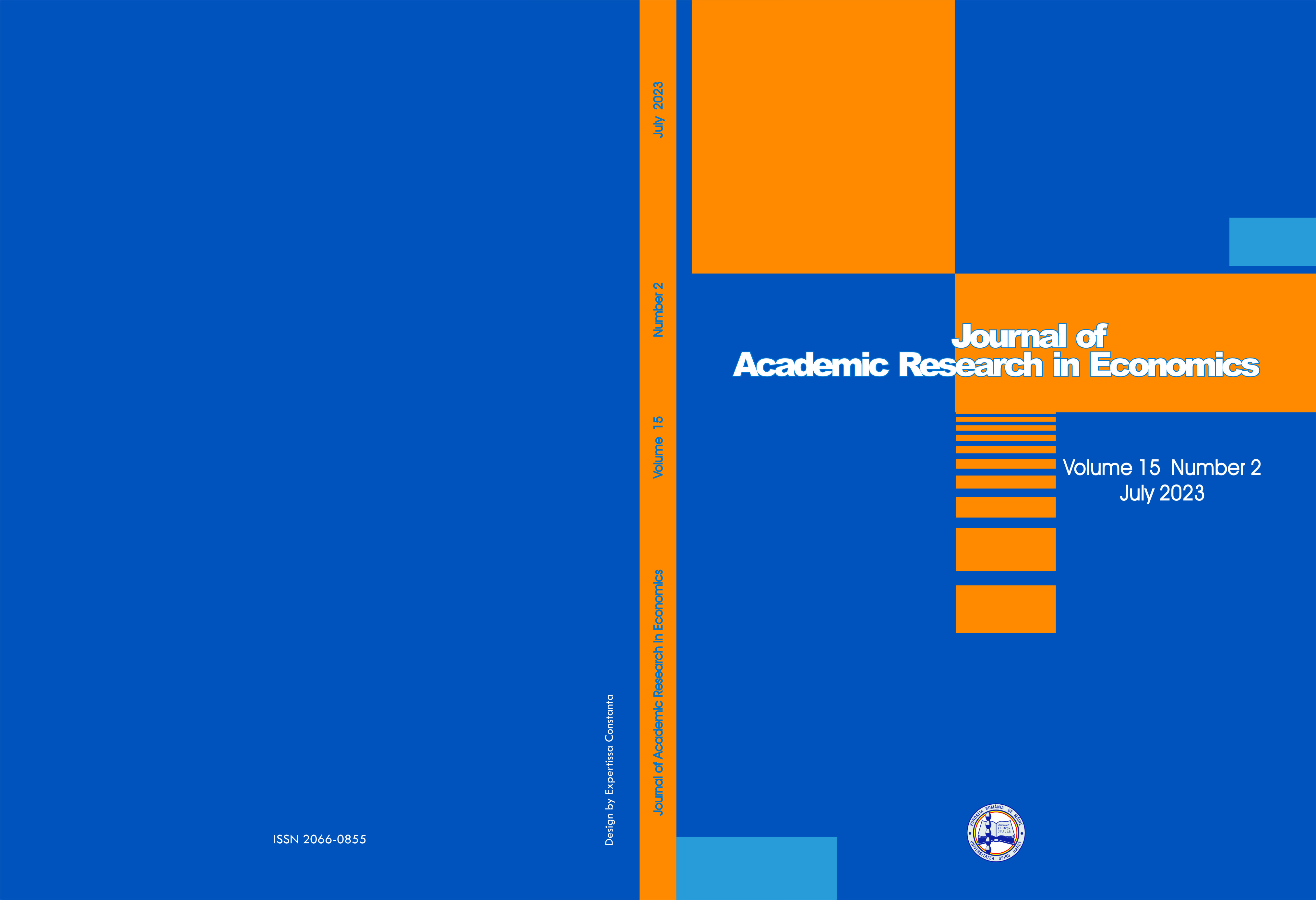GOVERNMENT EXPENDITURE AND INFLATION RATE IN NIGERIA: AN EMPIRICAL ASSESSMENT
GOVERNMENT EXPENDITURE AND INFLATION RATE IN NIGERIA: AN EMPIRICAL ASSESSMENT
Author(s): Anthony Ilegbinosa Imoisi, Emmanuel Ajudua, Vivian OdishikaSubject(s): National Economy
Published by: Universitatea SPIRU HARET - Faculty of Accounting and Financial Management
Keywords: Inflation Rate; Government Expenditure; Money Supply; Exchange Rate; ARDL Test;
Summary/Abstract: This paper investigates the correlation between Nigeria’s government expenditure and inflation rate within a multivariate framework from 1970-2020. Data sourced from the National Bureau of Statistics, the Central Bank of Nigeria and the World Bank were utilized for this investigation. To ascertain if there exists any relationship among the variables, in the long run, the ARDL test was used. From the result, a long-run relationship exists between the variables in the model; the influence of government expenditure on the inflation rate in the short and long run is negative and insignificant, while that of exchange rate on the inflation rate is positive and insignificant in both periods; the influence of money supply on inflation rate both in the short and long run is positive and significant. Consequently, the research proposed that more government expenditure should go into productive activities, thus, boosting aggregate production in the economy as this tends to reduce the level of inflation. Furthermore, the increase in money supply has to be incessantly moderated by the CBN as a result of its ability to cause needless inflationary pressures in the Nigerian economy.
Journal: Journal of Academic Research in Economics (JARE)
- Issue Year: 15/2023
- Issue No: 2
- Page Range: 368-386
- Page Count: 19
- Language: English

